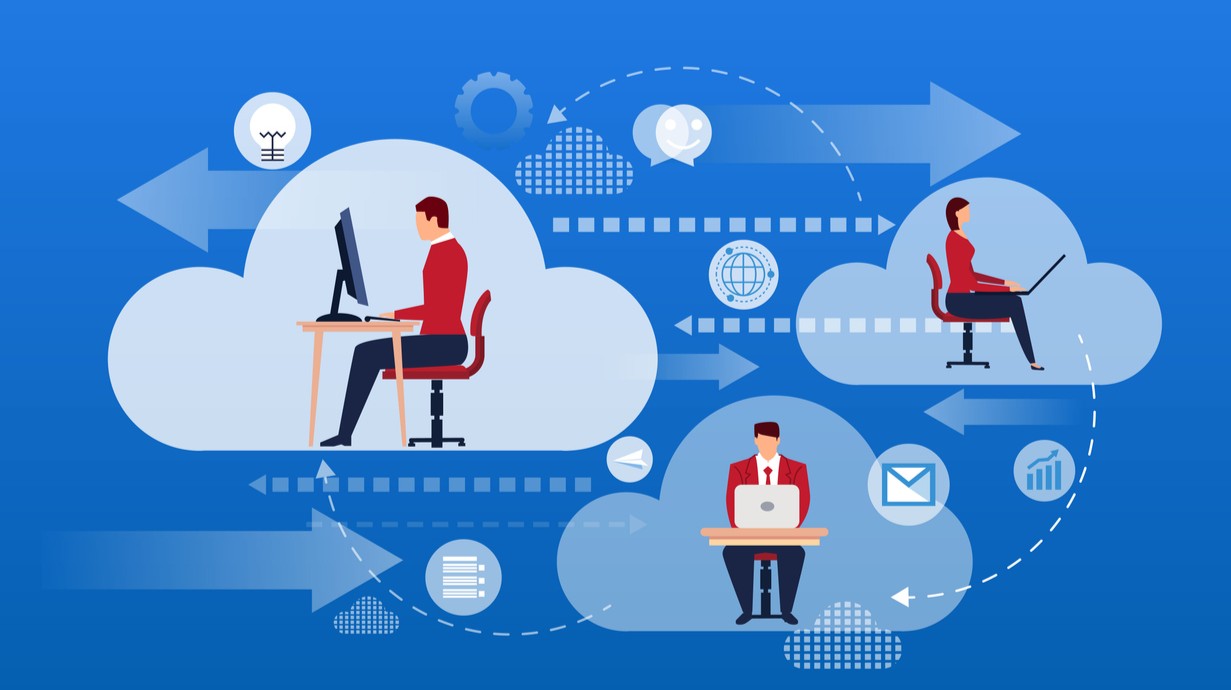THE RISE OF REMOTE WORK and the “great resignation” are combining to drive a surge in “microbusinesses,” extra-small (typically five or fewer employees), often (but not always) home-based small businesses. According to the Yahoo Small Business 2021 Microbusiness Outlook Report, “When COVID-19 forced furloughs, layoffs, and business closures, people responded by starting small businesses in droves.”
Does this mean there are 12.4 million opportunities (the number of businesses with one to four employees in 2021, as reported by the North American Industry Classification System) for channel pros? Probably not.
The widespread availability of readily affordable consumer-grade technology makes it pretty easy for microbusinesses to establish themselves, notes Jay McBain, principal analyst at Forrester. “You can get a $5 URL from GoDaddy, build a LinkedIn page, use WordPress and create a website—and on Monday morning, you’re a player,” he says.
But microbusinesses running on consumer-grade laptops operating across consumer-grade networks that run through a router purchased at Best Buy do not provide much opportunity for MSPs that want to sell them products and services revolving around things like cloud security, data security, and network security, according to McBain. The question is whether microbusinesses can be convinced to spend the dollars with an MSP to manage their equipment and security, as well as provide a help desk and remote support. “Right now, the answer we are seeing most often is no—these are not expenses that the microbusiness is looking to pick up,” McBain says.
“When you’re operating in a consumer-grade market like this, the microbusiness will rate your services up against those of the [Best Buy] Geek Squad, whose prices are published on the internet at one-third what you would be charging for a much deeper, richer array of services,” he explains.
Allan D. Robison, president and CEO of EXEControl Global Solutions, a Clifton Park, N.Y.-based IT services provider, works with microbusinesses “more as a social community service.”
He explains, “They are in the same chambers and operate in the circles we walk in and as such, we try our best to help them become successful using technology,” he says.
Robison cautions fellow MSPs that this is not a profitable market. “MSP service groups are not geared to be successful with microbusinesses, and MSPs in general should not market to microbusinesses,” he warns. “Even if you find a profitable microbusiness, very few spend more than $500 a year, and that requires a very large number of microbusinesses just to pay for one technician.”
After you calculate the hours consumed in attracting microbusiness customers, along with the hours spent justifying bills, invoicing, collecting, etc., “you are at a multiyear breakeven point at best,” Robison concludes.
Image: iStock














